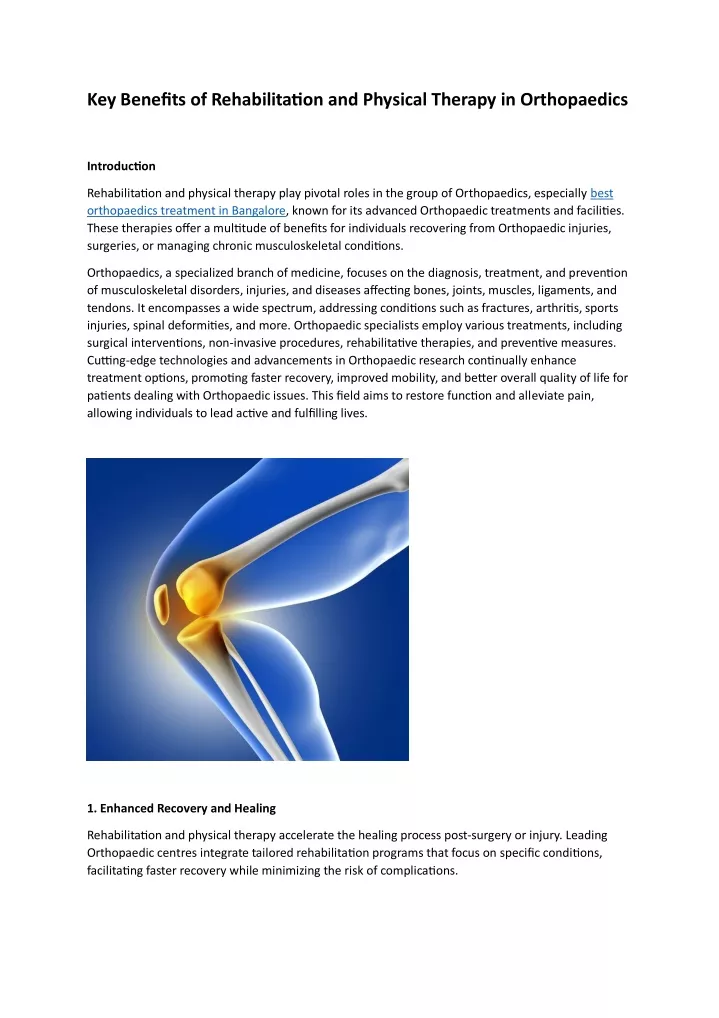The 8-Minute Rule for Narconon Africa
The 8-Minute Rule for Narconon Africa
Blog Article
Narconon Africa - Questions
Table of ContentsSome Known Incorrect Statements About Narconon Africa The 8-Minute Rule for Narconon AfricaWhat Does Narconon Africa Do?Narconon Africa Things To Know Before You Buy3 Simple Techniques For Narconon AfricaThe Basic Principles Of Narconon Africa Narconon Africa Fundamentals Explained
In a collection of documents with Manudeep Bhuller and Katrine V. Lken, we get rid of these information obstacles and the nonrandomness of imprisonment, providing brand-new insights into just how imprisonment affects recidivism, work, children, and criminal networks - Effective long-term recovery from drug abuse. Number 1 Our job research studies the results of incarceration in Norway, a setting with two vital advantagesWe can even more connect this information to other member of the family, including children and brother or sisters. We have details on co-offending that allows us to map out criminal networks for observed criminal offenses. Second, we can utilize the arbitrary assignment of criminal cases to judges that differ in their tendencies to send offenders to prison.
Some courts send defendants to prison at a high rate, while others are extra tolerant. We gauge a court's stringency as the ordinary imprisonment rate for all other situations a judge deals with, after regulating for court and year fixed effects, which is the degree of random job. This quasi-random assignment of court stringency can be used as a tool for incarceration, as it strongly predicts the judge's choice in the current instance, but is uncorrelated with other instance characteristics both by style and empirically.
6 Easy Facts About Narconon Africa Explained
Attributes of detainees, including demographics and criminal offense groups, are broadly similar in Norway and various other nations, consisting of the United States, with the exceptions that the United States homicide price is a lot higher, and race plays a bigger duty there. What stands apart as various, specifically compared with the United States, is the jail system.
Number 2In Norway, the typical time invested in jail is a little over 6 months, which is similar to most other Western European nations. This contrasts with ordinary US prison time of practically 3 years, which remains in huge component the reason the United States is an outlier in its imprisonment rate compared with the rest of the globe [Number 1]
What Does Narconon Africa Mean?
This offers far more splitting up between minor and hardened crooks than exists in the United States. There is no overcrowding in Norwegian prisons and much better individual safety, with each detainee being assigned to their own cell and a higher inmate-to-staff ratio than in the USA (https://www.bark.com/en/za/company/narconon-africa/ROORl/). Jails in Norway additionally use well-funded education, drug treatment, psychological wellness, and task training programs
Our research on the results of imprisonment on the transgressor, using the random project of judges as a tool, returns 3 essential findings. Imprisonment discourages further criminal behavior. We find that incarceration reduces the likelihood that a person will certainly reoffend within five years by 27 percentage points and reduces the equivalent variety of criminal costs per person by 10 charges.
Some Known Questions About Narconon Africa.
We locate large reductions in reoffending likelihoods and collective billed criminal offenses even after offenders are launched from jail. Our second outcome is that predisposition due to selection on unobservable specific qualities, if disregarded, brings about the incorrect conclusion that time invested in jail is criminogenic. If we just contrast criminal offenders imprisoned versus those not sentenced, we find favorable associations between imprisonment and subsequent criminal activity.
This stands in contrast to our analysis based on the arbitrary task of courts, which discovers an opposite-signed result. Third, the reduction in criminal offense is driven by people that were not working before incarceration. Amongst these individuals, jail time increases engagement in programs routed at improving employability and lowering recidivism, and this ultimately elevates employment and profits while discouraging criminal habits.

Jail time causes a 34 percentage factor rise in engagement in job training programs for the previously nonemployed, and within 5 years their work rate boosts by 40 percent factors. At the very same time, the likelihood of reoffending within five years is reduced by 46 percentage points, and there is a decrease of 22 in the typical variety of criminal costs.
The Single Strategy To Use For Narconon Africa

A plausible explanation for the distinction is that Norway's prison system differs markedly, both in regards to prison-term size and jail problems, from the US jail system. While understanding the impacts of imprisonment on the transgressor is an important very first step, recording spillover results is also important for examining criminal justice policy and making reliable jail systems.
The 7-Minute Rule for Narconon Africa

Common least squares approximates disclose that youngsters of incarcerated fathers are 1 percentage point most likely to be charged with a criminal activity, family member to a mean of 13 percent, and reveal no result on institution qualities. Using our judge stringency instrument, we discover no statistical evidence that a dad's incarceration impacts a child's very own crime or college qualities, yet we are not able to eliminate modest-sized effects.
Rumored Buzz on Narconon Africa
We specify criminal teams based on network web links to prior criminal cases. Our analysis yields 3 major searchings for. When a criminal network participant is jailed, their peers' possibility of being charged with a future crime reduces by 51 portion points over the next 4 years. Having an older brother incarcerated decreases the possibility his younger bro will be charged with a criminal activity by 32 percent points over the recommended you read following four years.
Report this page